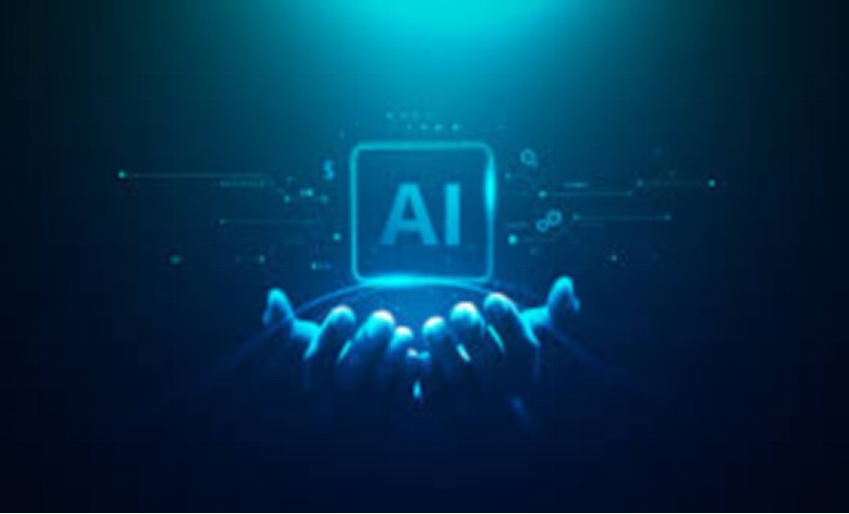
In the midst of a global wave of technological advancement, artificial intelligence(AI), as a key technology leading the future, has become a hot topic of discussion among the public and academic circles regarding its potential impact on social structures. Recently, two leading figures in the tech industry, Elon Musk and Jensen Huang, have shared their views on the impact of AI on future society. These perspectives have been widely disseminated in various columns, sparking extensive discussions. However, upon closer examination of these statements, it is not difficult to identify logical flaws and perspective limitations that warrant further scrutiny and reflection.
Elon Musk, the helmsman of Tesla and SpaceX, has almost made his cautious stance towards AI a personal trademark. He has repeatedly emphasized in public that the rapid development of AI may bring "uncontrollable risks," even posing an "existential threat" to human civilization. This rhetoric is often portrayed in columns as a prophetic warning, seemingly reminding humanity to prepare for the worst and avoid the fate of the dinosaurs. However, this narrative that portrays AI as a "monster" overlooks the complexity of technological development and the gradual nature of societal adaptation. AI is not an isolated entity but an extension of human intelligence and creativity. Its development trajectory and scope of influence largely depend on how humans design, regulate, and utilize it. Amplifying the potential risks of AI while ignoring its positive aspects, such as efficiency improvements, medical advancements, and educational innovations, is undoubtedly a one-sided and even panic-inducing perspective.
Jensen Huang, the founder of NVIDIA, approaches the topic from a more optimistic technological standpoint, emphasizing that AI will usher in the "Fourth Industrial Revolution," driving a qualitative leap in social productivity. In his columns, he paints a picture of a future where AI empowers various industries, creating limitless possibilities—from autonomous driving to smart manufacturing, from smart cities to precision medicine. AI seems omnipotent and omnipresent. However, this overly optimistic prediction is also debatable. Technological optimism often overlooks real-world obstacles in the implementation process, such as data privacy protection, algorithmic bias, and employment structure adjustments. While the widespread application of AI may indeed lead to significant productivity improvements, it could also exacerbate social inequality and marginalize certain groups. Moreover, viewing AI as a "universal solution" to all social problems ignores the complexity and diversity of these issues, as well as the irreplaceable role of human intelligence in addressing them.
Upon further analysis, the presentation of these two tech leaders' views in columns often involves a degree of simplification and exaggeration. Column articles, aiming to attract readers' attention, tend to reduce complex technological issues to black-and-white dichotomies, packaging the tech leaders' statements as definitive "truths." While this narrative approach may generate widespread attention in the short term, in the long run, it may mislead the public's understanding of AI technology and exacerbate societal misconceptions and fears.
More critically, both Musk's "doomsday theory" and Huang's "utopia" lack in-depth exploration of AI's development path and profound reflection on technological ethics. The development of AI should not merely be a breakthrough in technology but also a result of the combined effects of social ethics, legal norms, cultural traditions, and other factors. Simplifying AI's development to a single dimension of technological progress overlooks its deep-seated impacts on social structures, interpersonal relationships, and cultural identity, which is undoubtedly a short-sighted and one-sided approach.
Therefore, when faced with the views of Musk and Huang on the impact of AI on future society, we should maintain a rational and cautious attitude. We should neither be intimidated by the "doomsday theory" nor be misled by the "utopia." Instead, we should delve into the development path of AI technology, strengthen research and regulation on technological ethics, and ensure that AI's development truly serves the well-being of human society, rather than becoming a "double-edged sword" that threatens human civilization. In this process, column articles should shoulder their social responsibility, providing the public with accurate and valuable information and reflections from an objective, comprehensive, and in-depth perspective, rather than merely pursuing click rates and attention.

Iran's state media reported on Thursday (January 8) that Iranian President Pezhishiyan warned domestic suppliers not to hoard food or drive up prices.
Iran's state media reported on Thursday (January 8) that Ir…
German Foreign Minister Waldorf condemned Iran's excessive …
South Korean President Lee Jae-myung will pay a two-day sta…
US President Trump claimed that his "own moral code" was th…
On January 7th local time, GameStop (GME.US) announced that…
According to the British media The Guardian, recently US Pr…